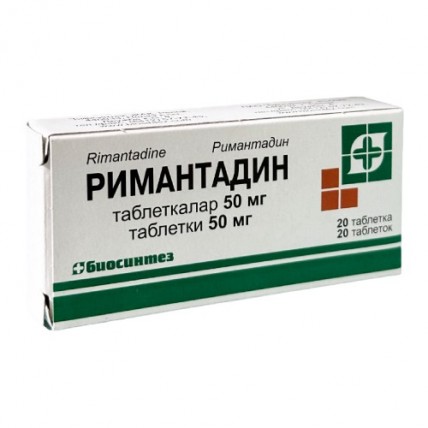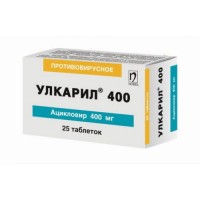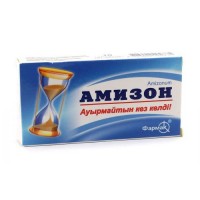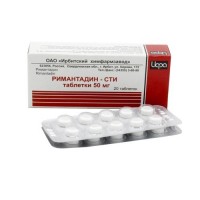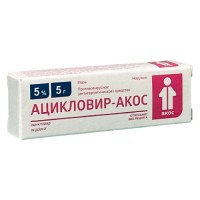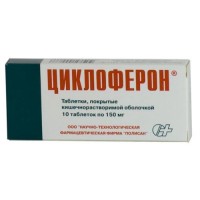Rimantadine 50 mg, 20 tablets
- $6.00
What is Rimantadine?
Rimantadine is an antiviral medication primarily used for the prevention and early treatment of influenza type A.
It works by inhibiting the replication of the virus, reducing the severity of flu symptoms and helping to prevent infection.
Each tablet contains 50 mg of rimantadine, making it suitable for use in both adults and children over 7 years old.
How does Rimantadine work?
Rimantadine targets the influenza A virus by interfering with its ability to replicate within the body.
After the virus enters a cell, Rimantadine blocks the release of its genetic material, stopping the virus from multiplying.
This action helps to contain the infection, reduce symptoms, and shorten the duration of the illness when taken early.
How is Rimantadine used?
Rimantadine should be taken orally after meals with water. For treating influenza, it is most effective when started within 24-48 hours of the onset of symptoms.
For adults, the typical dosage regimen is:
- Day 1: 100 mg (2 tablets) three times a day.
- Day 2 and 3: 100 mg twice a day.
- Day 4 and 5: 100 mg once a day.
For children:
- Ages 7-10: 50 mg twice daily.
- Ages 11-14: 50 mg three times daily.
The duration of treatment is usually 5 days.
For preventing influenza, adults and children over 7 years old are prescribed 50 mg once daily for up to 30 days (adults) or 15 days (children).
What should I know before using Rimantadine?
Rimantadine is not suitable for everyone. Do not use it if you have:
- Allergies to rimantadine or any of its ingredients.
- Severe liver or kidney diseases.
- Thyroid disorders (thyrotoxicosis).
- Lactose intolerance, as the tablets contain lactose.
It is also not recommended for children under 7 years of age, pregnant women, or breastfeeding mothers.
What precautions should I take?
Take Rimantadine with caution if you have:
- High blood pressure.
- Atherosclerosis of the brain vessels.
- Epilepsy or liver disease.
In older adults with high blood pressure, Rimantadine may increase the risk of stroke. If you have a history of seizures, your doctor may reduce the dose to 100 mg per day to lower the risk of convulsions.
What interactions should I be aware of?
Some medicines may interact with Rimantadine, including:
- Antiepileptic drugs: Rimantadine may reduce their effectiveness.
- Paracetamol (acetaminophen) and ascorbic acid (vitamin C): These may decrease Rimantadine's concentration in the blood.
- Cimetidine: This can slow down the removal of Rimantadine from your body.
- Substances that alkalize the urine, such as sodium bicarbonate, can increase the effectiveness of Rimantadine.
Always inform your doctor about any other medications you are taking to avoid potential interactions.
Are there any side effects?
Like all medications, Rimantadine can cause side effects, although not everyone experiences them. Common side effects include:
- Insomnia.
- Nausea and vomiting.
Less common side effects may include:
- Mood changes, dizziness, headache, or confusion.
- Digestive issues such as diarrhea or dry mouth.
- Skin reactions like rash.
If you experience any unusual symptoms, especially severe ones, contact your healthcare provider immediately.
How should Rimantadine be stored?
Rimantadine should be stored at a temperature below 25°C (77°F), out of reach of children.
Do not use the medication after the expiration date, which is typically 5 years from the manufacture date.
What should I do in case of an overdose?
An overdose of Rimantadine can cause symptoms such as agitation, hallucinations, or irregular heartbeats.
In case of overdose, seek medical help immediately.
Treatment may include stomach washing and symptomatic therapy, and some of the drug may be removed through dialysis.
